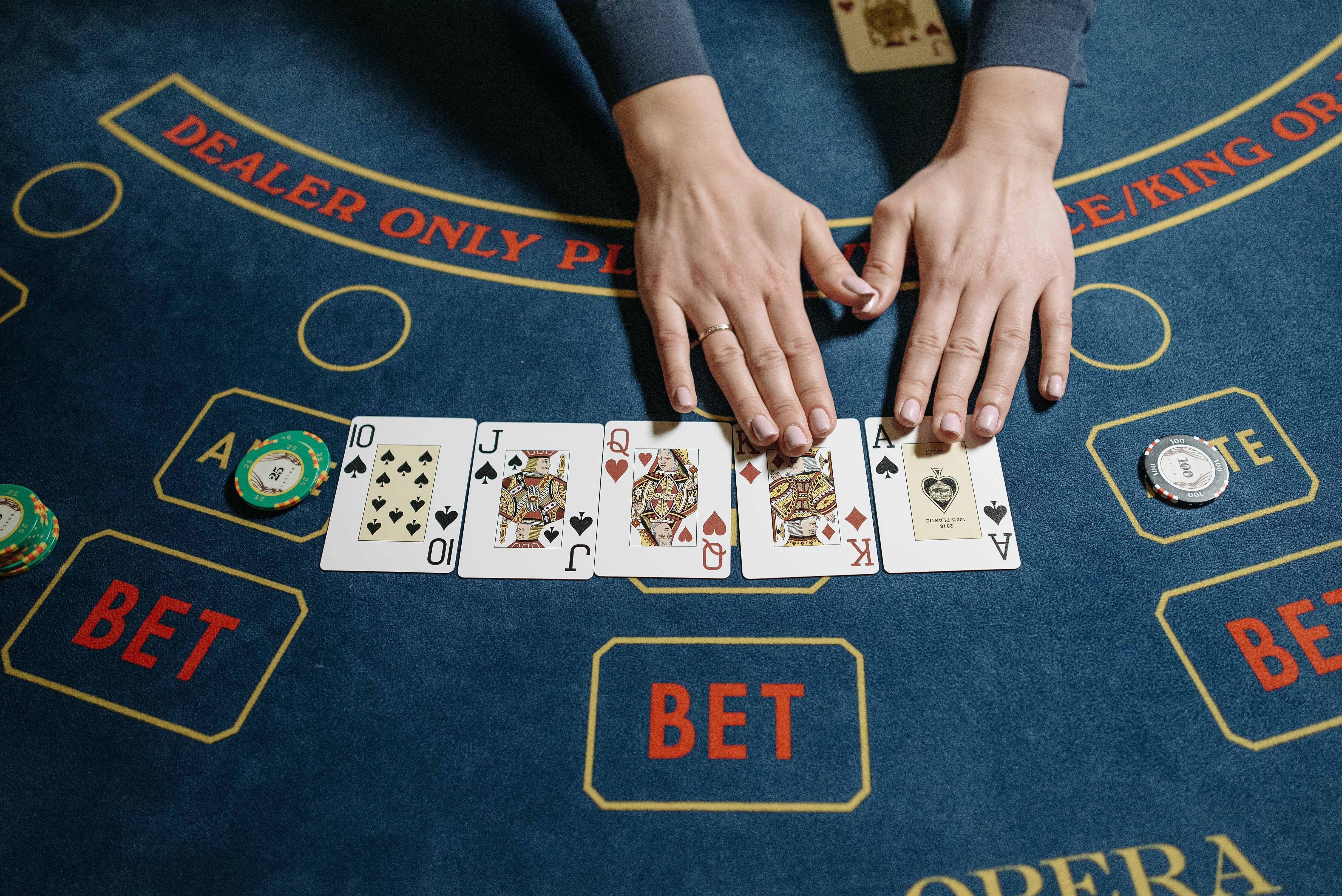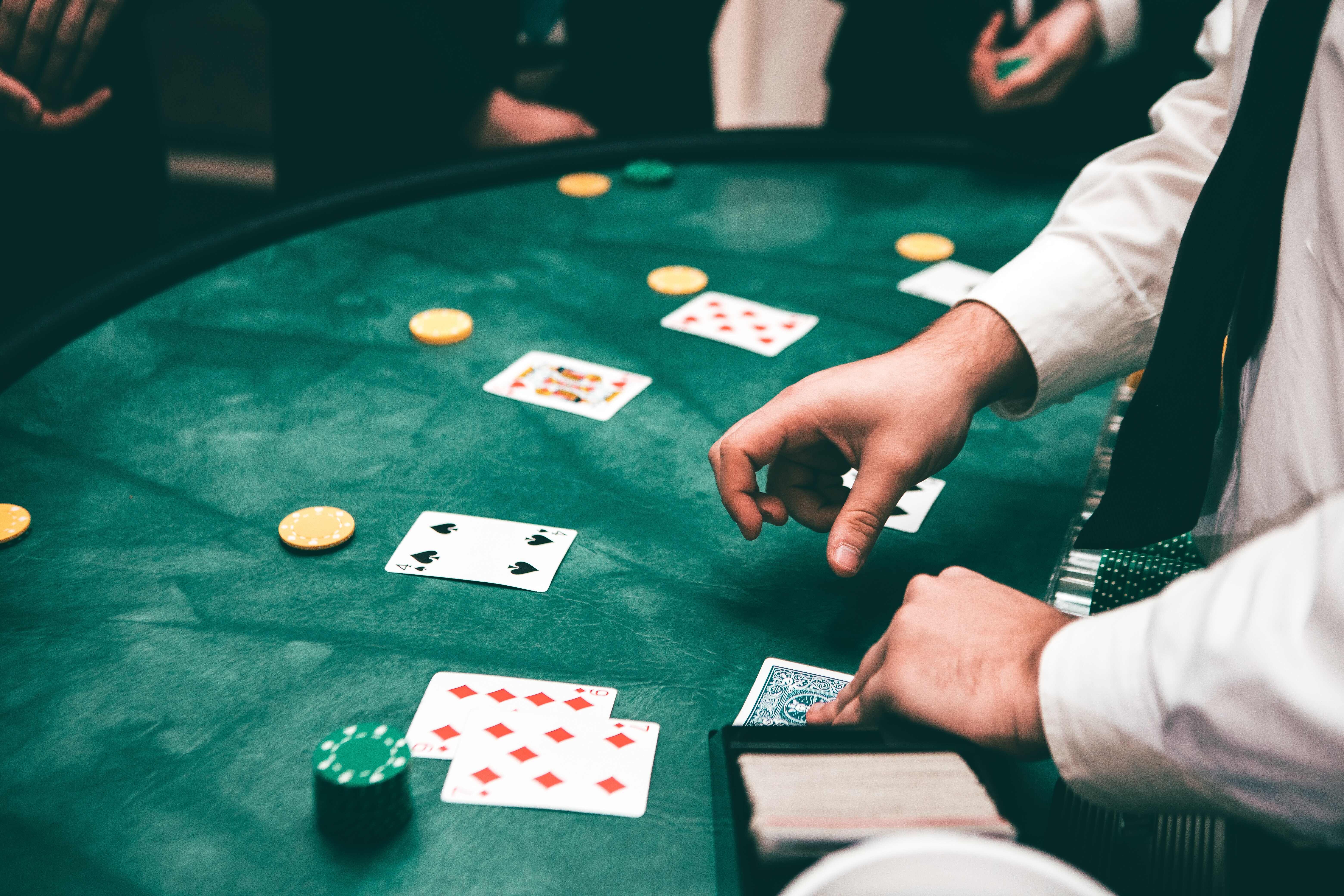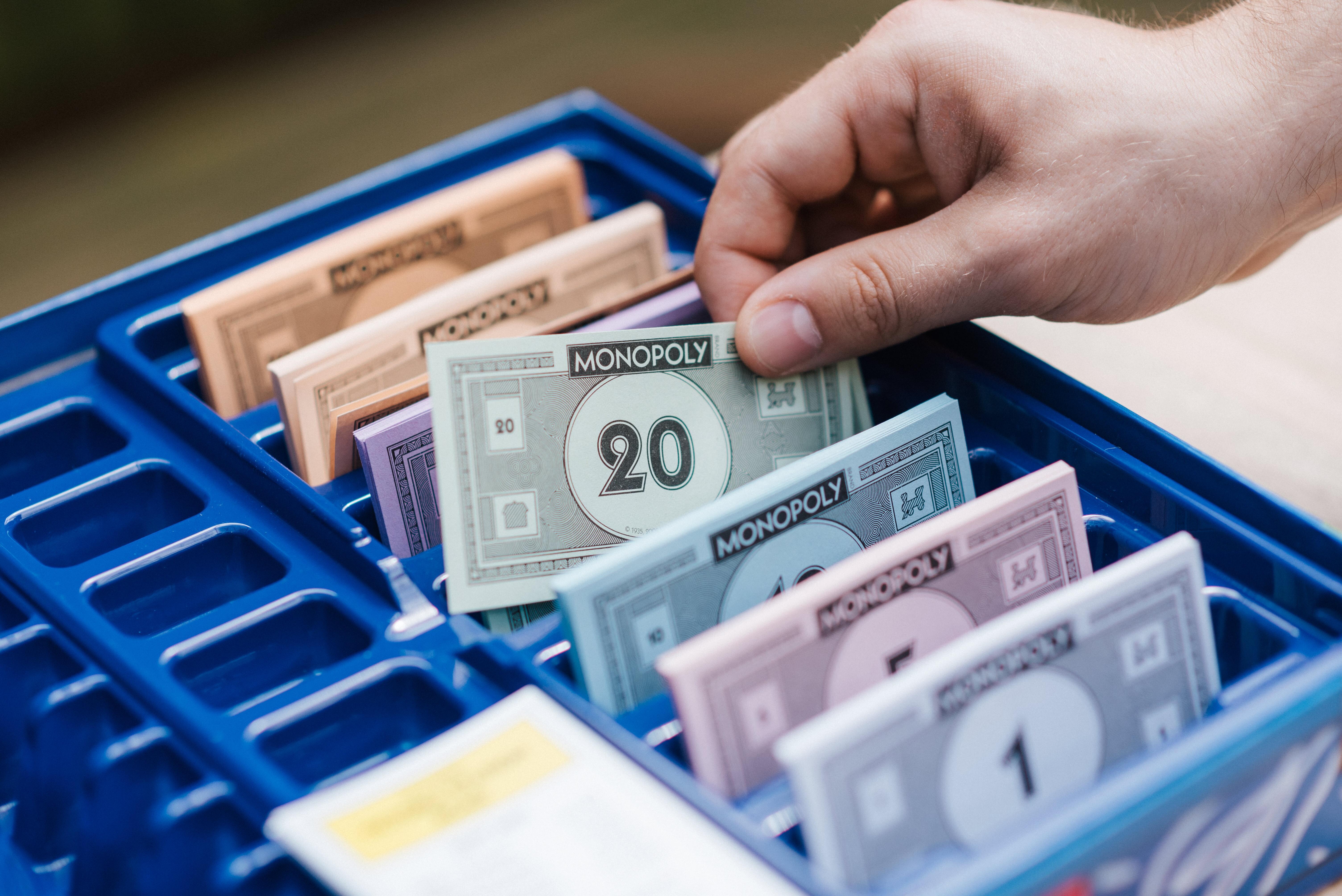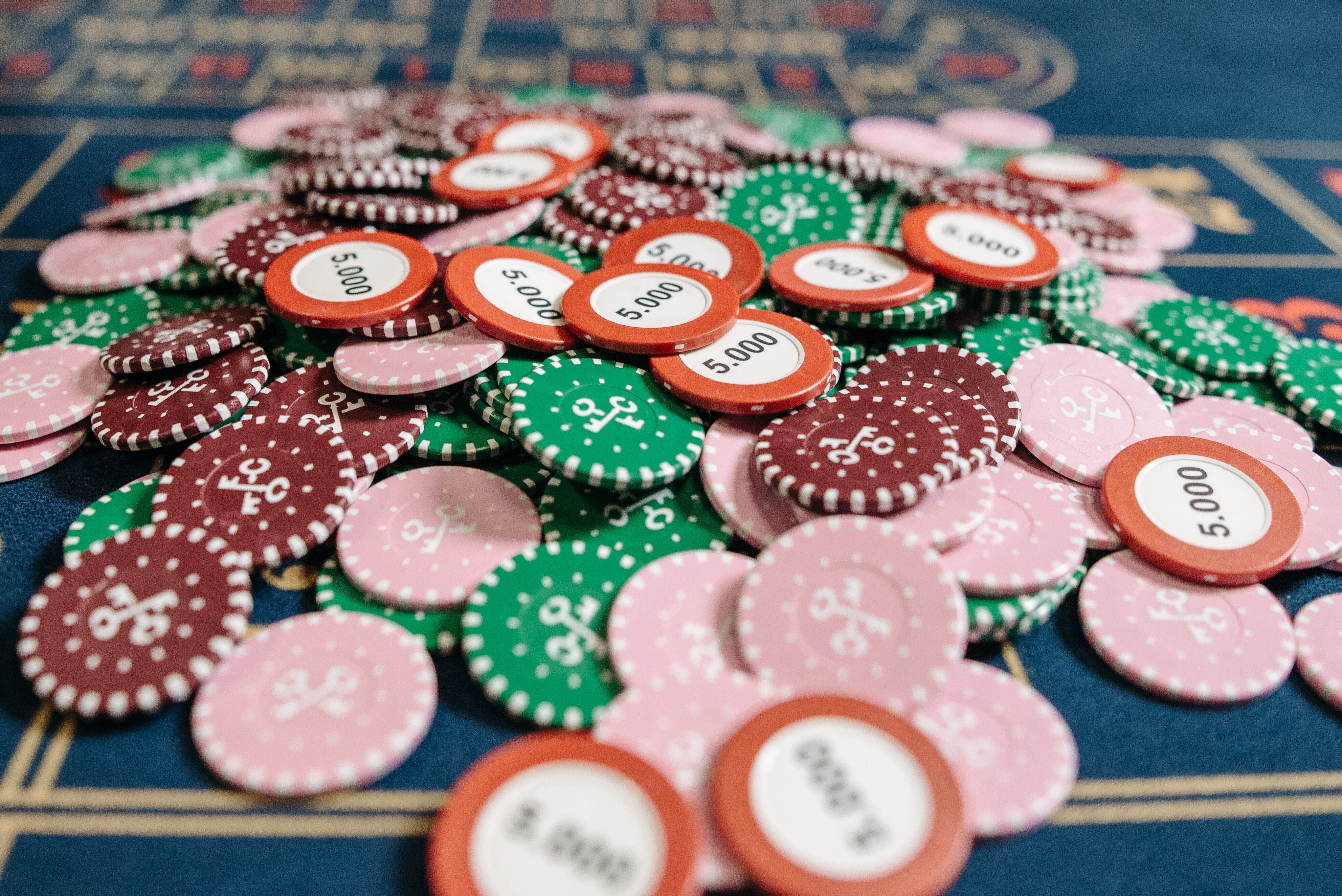Poker news | May 16, 2022
Here's why you suck at poker
By RTR Alex

People often think that winners in the casino are made from sheer luck and although that may be the case for roulette's and slots, poker is a game of strategy and skill.
Whether it's online poker or live tournaments, high stakes or small, every game of poker is about far more than what's dealt from the deck. If you take your chips to the table with hopes of cashing in from the luck of the cards alone, you'll head home with empty pockets and a heavy heart. So, to help you fill those gaps in your game, we're here to point out just where you may be going wrong. Even for the best of you, that may only be falling short in that heads-up battle, there may still be an all-important tip or trick to change your game forever.
So without further ado, here's exactly why you suck at poker.
1. You ignore basic poker strategy
We'll start off with the obvious - you're not letting simple strategy guide your decisions.
There are countless techniques and complex mathematics that pros use without even thinking, but you can only dream of reaching that stage if you don't do the simple things first - fold when your cards are bad and bet when they're good.
This tip may sound silly, but so often players will bet purely on emotion - trying to bluff in a terrible spot, refusing to fold because they desperately want to take the pot from a rival or folding with pocket aces after someone played mind games from across the table.
Focus on your cards and the most basic probabilities of winning or losing the hand and bet or fold based on that alone.

2. You're playing way too many hands
Now if we assume everyone else at the table is playing with basic strategy and you're not cheating, you'll always lose some hands you play. As a result, one of the most important tips poker pros will swear by is knowing when to fold, so that in those hands you're bound to lose, you don't throw away half your stack with it.
On a bad run and chasing a win? Stop playing any and every hand you're dealt without thinking. On the other hand, a winning streak never guarantees the next hand.
Play each hand as if it is your first, implement basic strategy and take the opportunities when they arise, don't chase every pot. The only things from the past that should influence a given hand, are the probabilities as cards are dealt and what you've learned about player behaviour.

3. You practice with fake money
This issue splits the community right down the middle. Some think it's a great idea to practice with fake money to reduce the downside while you learn strategy. Although this may be true for the very beginner players, many believe this will be counterproductive to improving your game.
Using 'play money' while playing online may reduce the pressure, but the downside here is that with nothing on the line you might make decisions you never would if you were risking real money.
Real cash games will ensure you act more rationally and cautiously, while ‘play money’ will only have you throwing down chips with cards you'd otherwise fold.
If you are going to practice with fake money, just make sure you take lessons from those times you play more recklessly.

4. You’re afraid to raise
Whether you're bluffing or you really do have the nuts, raising can be one of the most nerve-racking things for any poker player.
You may know you should raise but just not know how much, worried you could scare away any calls with too high of a bet and in turn, lose a big chunk of the pot. You may raise too little, sacrificing chips you would have secured if you'd have bet higher.
In any case, there are a few basic rules when it comes to raising.
If you are the first to enter the pot, you should raise more often than not. The reason being - if you are the first to enter the pot and you only call, you're likely giving your opponents a clear sign you have no confidence in your cards. Use your early position correctly and you can steer the pot in the right direction.
If you raise for a bluff - stick with it! There's nothing worse than raising once and then calling the next round - your opponent will know for sure your hand got weaker with the last card revealed.
Use post-flop raises when you know you can out-bet your opponent. Even with a weaker hand, a bigger stack gives you the power to eliminate players from the round of betting. You can risk a small portion of your chip count to scare other players out of the hand who would be risking a big chunk of their stack.

5. You don't do your homework
Whether you've just started playing or you're a long term pro, there's always plenty to learn and it's impossible to know what you don't know until you find it. So, go looking for it! It could be a specific tactic for small stakes or a strategy for big blinds, but anything new you learn will always help you.
If you're just getting started but you're looking to take poker more seriously, the best place to start is learning some of the simple probabilities for playing. Every player at a semi-serious table will know the strongest hand when they have it, so give yourself a fighting chance and learn the maths!
Here's the sort of thing you may be looking for:
Starting-hand winning odds
